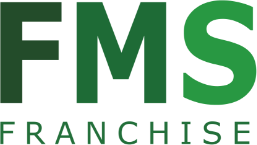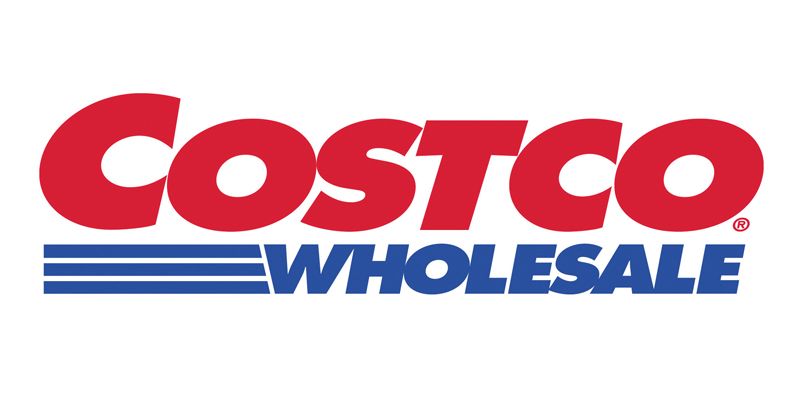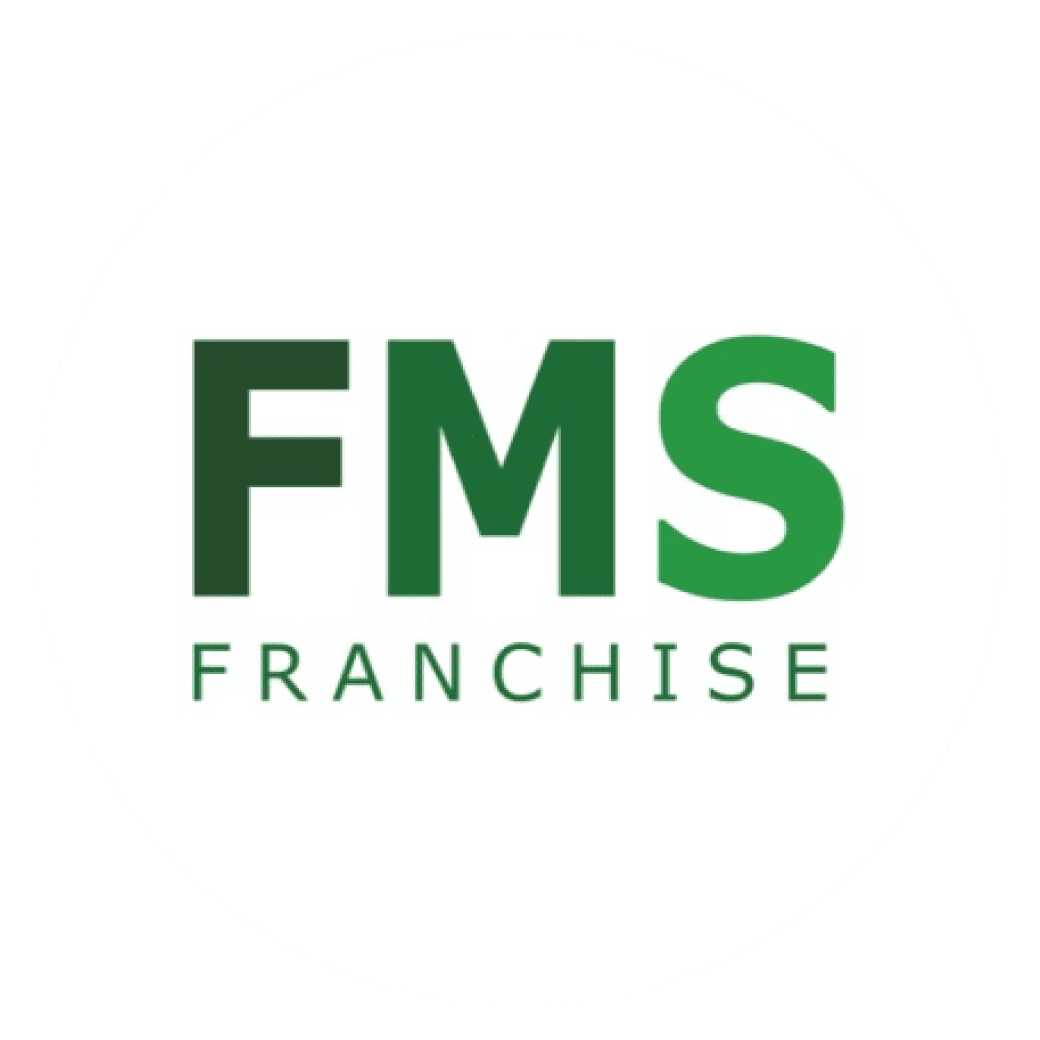

In 2009, the electronic medical records industry space was going through an explosive growth time period due largely to the stimulus program instituted by President Obama. This program was developed to support the medical community becoming a technology supported industry and allowing the medical community to communicate with one another more effectively and avoid costly medical mistakes when one medical provider is not communicating with another. Over $19 billion in federal stimulus funds were released to the medical community in 2009 providing that the medical provider brought in a qualified EMR system to their practice. Each provider was able to receive up to $44,000 in stimulus funding for their adoption of an electronic health records platform.
With this movement, came a wave of new technology and EMR systems which provided electronic record keeping, scheduling and most importantly interactivity between the practices and providers allowing each of them to communicate with one another and know what the other one is doing. This connectivity is largely what the Federal Government wanted with the stimulus program to avoid duplication of prescriptions, incorrect diagnoses and other medical decisions which impact the overall cost of healthcare and endanger the American Public.
The medical community by and large was confused, didn’t understand which systems were the best choices, how to implement the systems and who to trust in this massive wave of change. With the large number of options, it was even more difficult for a medical provider who was dealing with a significant change to begin with and now had a multitude of brands presenting to them as being the best option. With this change, Costco realized that there was an opportunity to get into the EHR business and help by providing a trusted brand who could provide a genuine solution.
Costco originally opened in 1983 and found early success focusing on the value-driven, warehouse retail model. Costco has sold virtually everything including coffins, cars, groceries and much more. With such a wide range of goods and enormously discounted pricing, the Costco model expanded quickly to over 700 stores in 8 countries and today is the second largest retailer in the world behind Walmart. With such a large base of members and a solid brand reputation, the EHR integration made sense. To do this, Costco developed a strategic relationship with Etransmedia and Franchise Marketing Systems to design, build and market the territory sales franchise model that would support the growth and development of the new product integration.
Because EHR’s were still very new and medical providers wouldn’t necessarily buy the product in a true retail format, the business model required that we had sales agents who would work around stores and market to the members in that area. Franchise Marketing Systems developed a strategic plan, conducted market research in the medical services space and developed the marketing and sales channel for recruiting new sales team members. In one year, the network expanded to over 200 independent owner operator sales agents who were marketing and selling the EHR platform for Costco and Etransmedia. This growth and interest in the model were driven by both the brand recognition of Costco and the excitement around the EHR stimulus incentive.
For more information on how to develop your distribution model or franchise a sales territory, contact us:

FMS is a team of expert franchise consulting professionals based in Canada that provides solutions for franchise development, franchise consultation, and expansion of businesses globally.